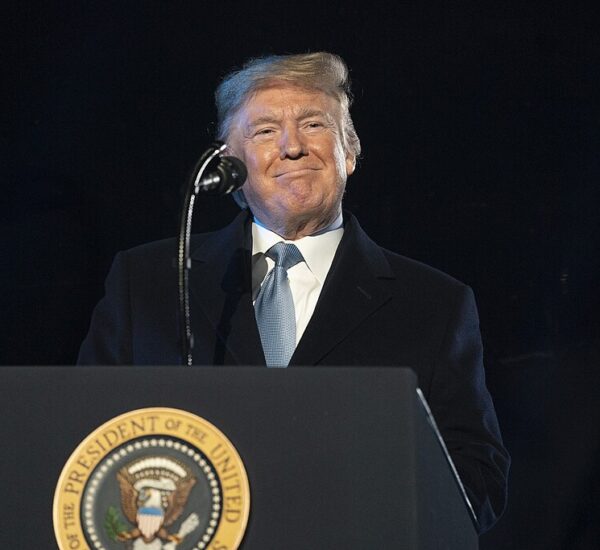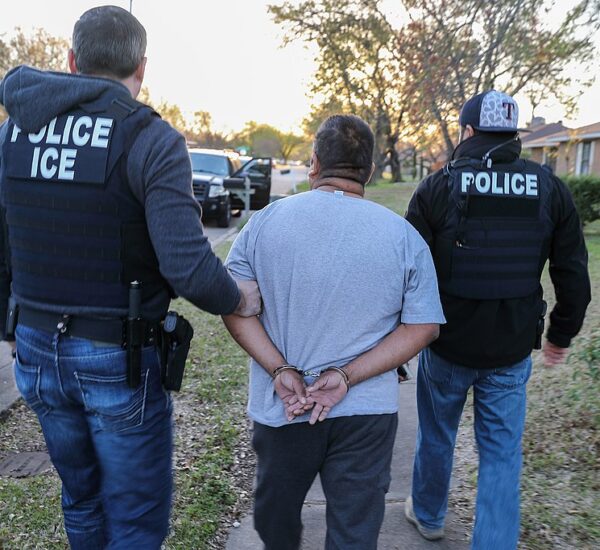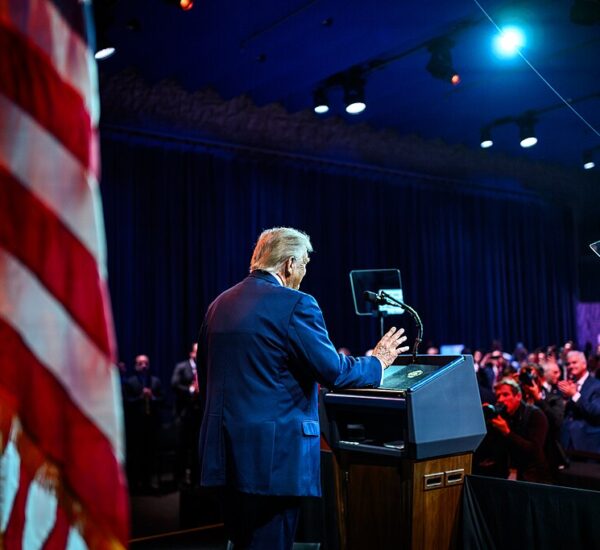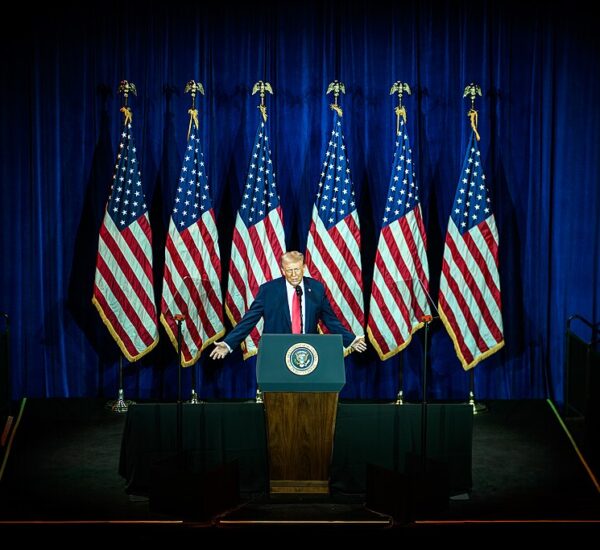Trump Changes Tune On H1B Visas
The Department of Homeland Security (DHS) has announced a sweeping plan to overhaul the controversial H-1B visa program, which for decades has allowed Big Tech companies to import foreign workers—often at the expense of hardworking Americans.
This bold reform, unveiled Tuesday, would replace the current lottery system with a merit-based numerical cap, ensuring that only highly skilled, highly paid workers are prioritized.
Under the new system, foreign workers will be divided into four skill levels:
- Level IV (highest skilled): Entered into the selection pool four times.
- Level III: Entered three times.
- Level II: Entered twice.
- Level I (lowest skilled): Entered only once.
This structure creates powerful incentives for companies to hire top talent—and more importantly, to pay higher wages to both American and foreign workers. DHS officials said the reform will help stop corporations from gaming the system to bring in low-wage labor, which has driven down salaries for American tech professionals for years.
“For too long, this program has been abused by global corporations,” a DHS spokesperson said. “President Trump’s plan will finally restore fairness and prioritize American workers.”
The proposal will be published in the Federal Register on Wednesday, opening a 30-day public comment period before final implementation.
Trump Slaps $100,000 Fee on H-1B Visas
President Donald Trump took the crackdown a step further on Friday, signing a historic proclamation imposing a one-time $100,000 fee on new H-1B visa applications.
The fee, which took effect Sunday, sent shockwaves through Silicon Valley, where major companies like Google, Amazon, and Microsoft have depended on the program for decades.
White House Press Secretary Karoline Leavitt clarified that this fee only applies to initial applications, meaning current H-1B holders returning to the U.S. will not be charged.
President Trump defended the move, saying:
“We need the best workers, and this ensures companies will hire Americans first. Our goal is simple—American jobs for American citizens.”
Commerce Secretary Howard Lutnick added that top U.S. corporations support the policy, saying,
“This change will incentivize companies to recruit here at home instead of outsourcing.”
What Is the H-1B Visa Program?
The H-1B program, created in 1990, was designed to help U.S. companies fill specialized roles when qualified American workers weren’t available. It quickly became a favorite tool of Big Tech, especially for importing foreign software engineers and IT professionals.
Key facts about H-1B visas:
- Valid for three years, renewable for up to six years.
- 65,000 annual cap set by Congress in 2005, with 20,000 extra spots for foreign workers with advanced U.S. degrees.
- Exemptions: Colleges, universities, nonprofits, and government research centers are not subject to the cap.
- When applications exceed the cap, the system currently defaults to a lottery—a process critics say encourages abuse.
According to Pew Research Center, nearly 400,000 H-1B applications were approved in 2024, with 73% of approved applicants coming from India and another 12% from China.
This heavy concentration has raised national security concerns, particularly regarding sensitive technology jobs.
Why Conservatives Back This Reform
Many Republicans have long argued that the H-1B program is used to undercut American workers, suppress wages, and outsource jobs to foreign labor.
Last December, even Elon Musk and Vivek Ramaswamy drew criticism from the conservative base after expressing support for the program.
President Trump’s reforms send a clear message:
America’s workforce will no longer be second-class citizens in their own country.
By rewarding companies that pay higher wages and penalizing those that rely on cheap overseas labor, the administration is putting America first—a promise central to Trump’s “Make America Great Again” agenda.
The Bottom Line
These H-1B reforms represent the most significant changes to the visa program in decades. By prioritizing skilled workers, boosting wages, and charging a steep fee for initial applications, the Trump administration is protecting American jobs while restoring fairness to the labor market.
For millions of middle-class families, this move is a win for economic security and national sovereignty.
“This is about putting America first,” President Trump said.
“Our workers deserve a level playing field, and that’s exactly what they’re going to get.”







The greatest home earning method for anyone who wants to make extra dollars every week online. I joined this job 3 months ago, and on my very first day—without any prior experience in online jobs—I made $524. It’s truly amazing. Join now by following the instructions here.
COPY THIS →→→→ http://Www.Cashprofit7.site